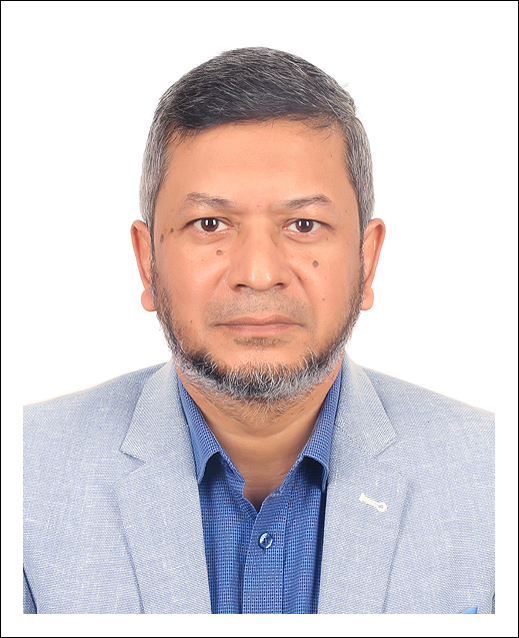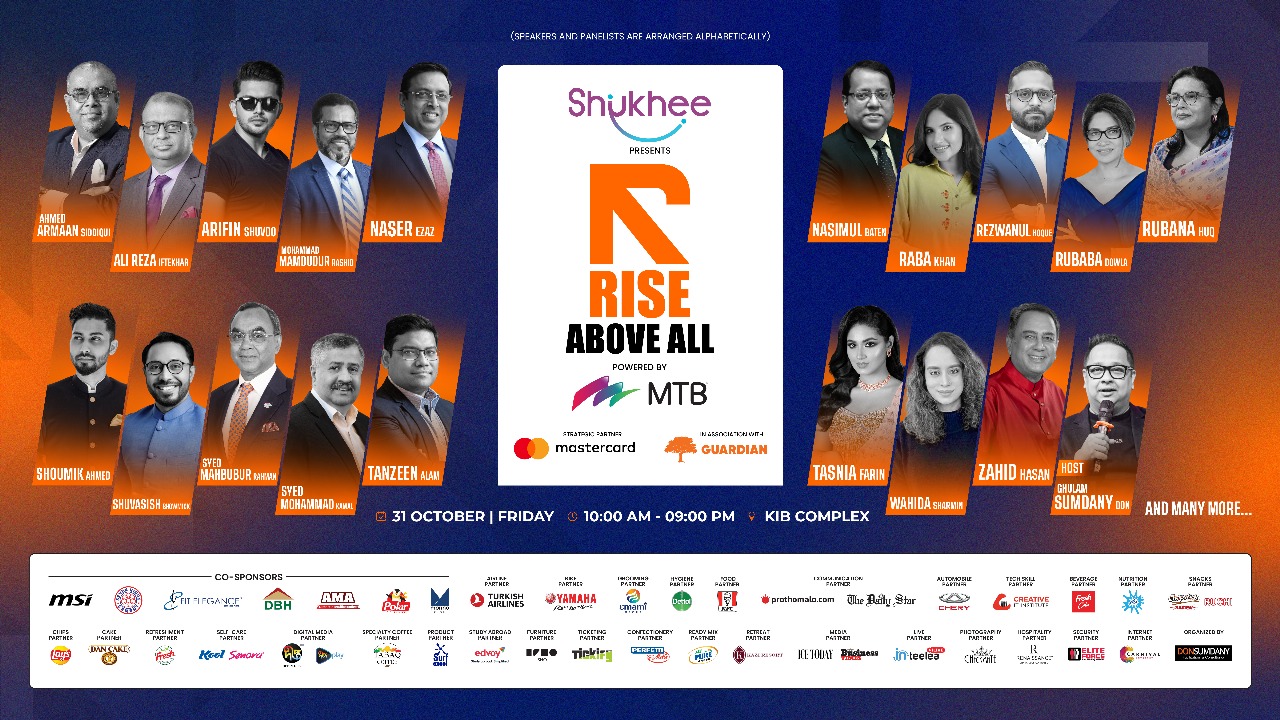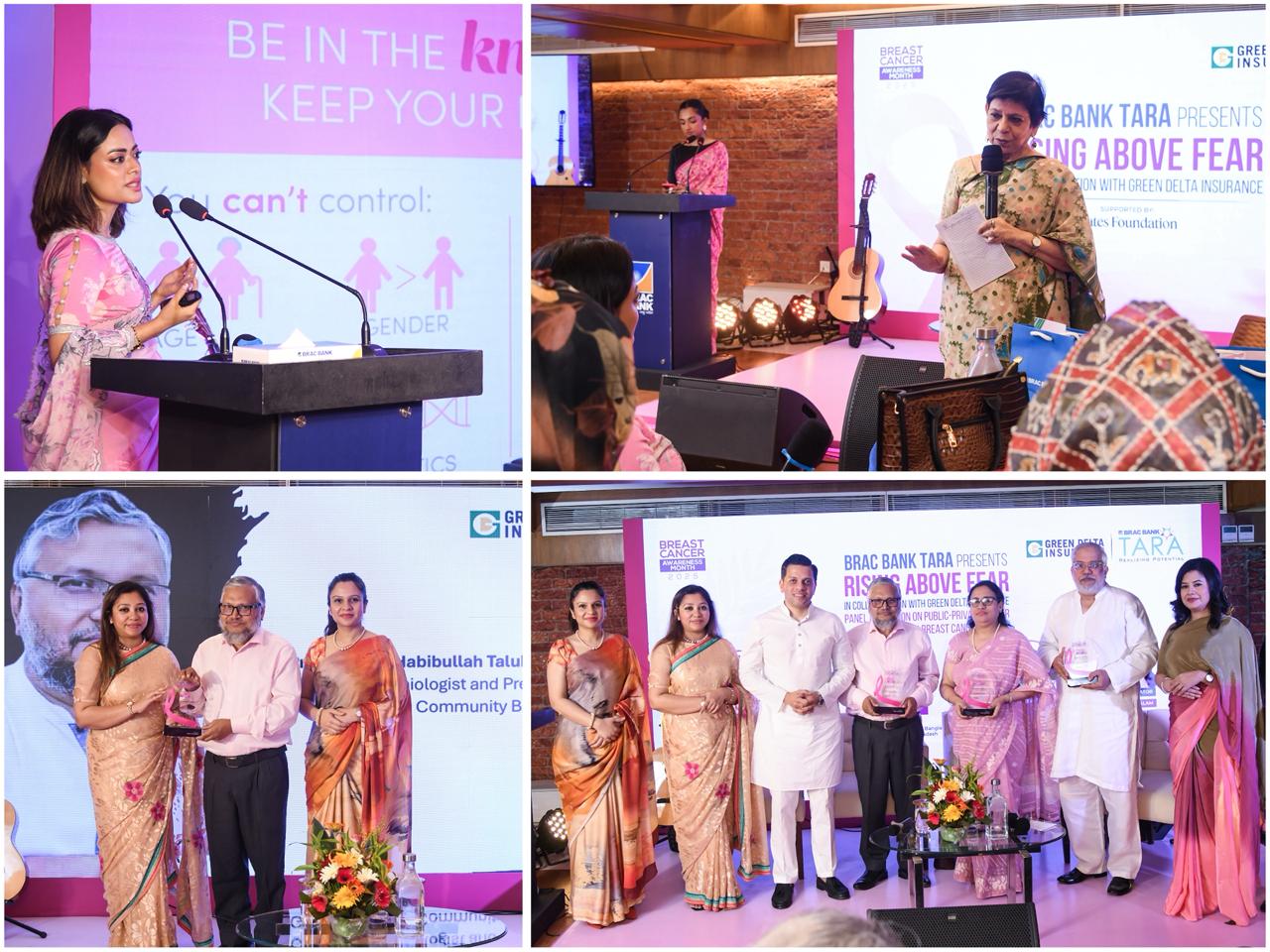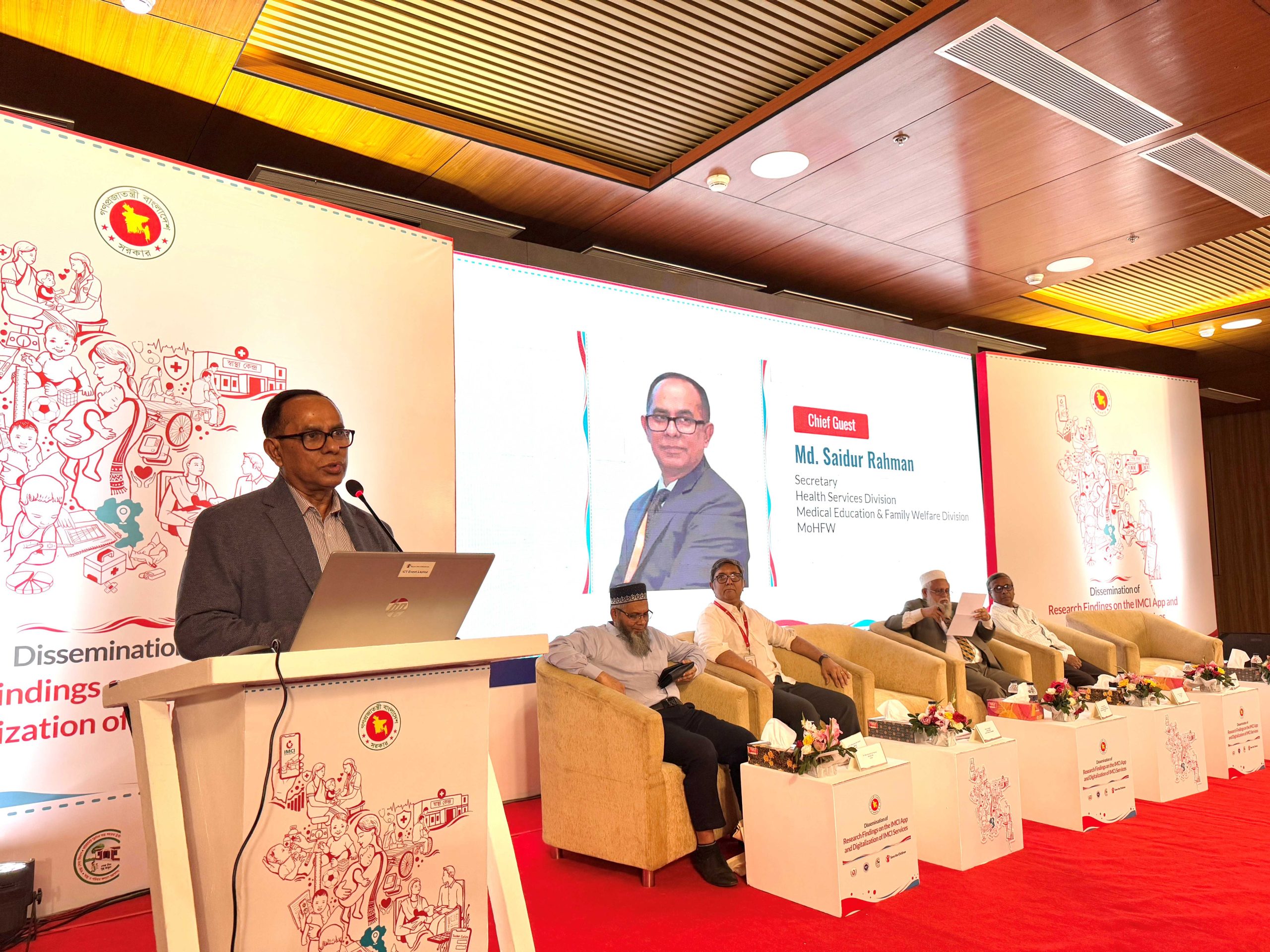I have worked in international journalism and I believe that there is no room for yellow journalism. I want to disseminate the correct news and keep the people informed.
Nadeem Qadir
Press Minister of the Bangladesh High Commission in the United Kingdom
Could you provide us with an account of the activities of a press minister? How do you represent Bangladesh in the UK?
There are numerous areas to cover. I believe that it starts with the larger British Bangladeshi community in London. Furthermore, I must organize seminars, cultural programs, and send articles that reflect the positive sides of Bangladesh. We must convey that Bangladesh is not defined by the recent terrorist attacks on the nation, highlighting that the government is handling the matter with the utmost efficiency. There is a great deal of PR which involves being innovative and knowing how to interact. It is a serious and time-consuming job but ultimately it is extremely rewarding.
From our understanding, there are 2 major aspects of your job; one is handling the local community and the other is the media. How do you interact with the local community to highlight the activities of our nation?
Tackling these matters successfully requires being proactive and engaged; you must reach out to the entire community. Though they are a large conglomerate, they do not demand much. They want someone who communicates politely and behaves cordially. I’m naturally social and love to meet new people, therefore, this is one aspect that I love. I want to help in any way that I can; for example, if anyone is having problems with their passport, they know that I am available for support in any way possible. The duty of a High Commission is to play an active role in their community’s undertakings. Furthermore, there is a very vibrant Bangladeshi community which includes journalists. I have started a program, Amar Jonmo- Bhumi, with sponsors, predominantly London-based IPE group, and Novo Air. Every year, we select two British Bangladeshis who come home as a guest of the government, and they have the opportunity to interact with government leaders and gain insight as to what is happening within the country. They get to go back and relay this information to the diaspora in the UK. This alleviates any misinformation that the community is given. The journalist community is very happy that they are being given an active opportunity to represent their country.
Tell us about how you are connecting with the business activities in the UK.
We have a commercial wing which is under the commerce ministry and a specific counselor. When I meet with the respective authorities, I try to give them an update regarding the business climate. Moreover, we have a perception change in Bangladesh; they now see it as a source of investment. The stability that we have now is going to be a constant. In this regard, the 2019 election will be a benchmark because we have to witness how the nation’s atmosphere will be changed in terms of FDI attraction. There are many British groups consisting of NRBs who are the leaders bringing business from Bangladesh here. We are facilitating them with information, visas, and any other provisions that will make the transaction smooth. We have other areas such as leather and jute which are growing and these must be recognized.
There is an eclectic range of businesses being conducted by Bangladeshi in the UK. Could you expand upon the business scenario?
You would be astounded to know that the curry business, which we are commonly known for, is in crisis because the British government has imposed a restriction on taking Bangladeshi ships. There is a lack of chefs and manpower; even Brick Lane has experienced this problem as the landscape of London is changing. My main sponsor is the IPE group, Adnan Imam, is a young man under 30 who is one of the major construction builders making condominiums and more in the UK. He is also expanding to the possibility of creating a construction group in Bangladesh. There is another fashion designer, Mamun Chowdhury, who has a multi-billion dollar stitching company, London Tradition; he has employed over 150 Bengalis, a few Japanese and others. He has purposefully only recruited Bangladeshis. The new generation is concerned with banking, NGOs and more; this includes the 3 MPs in the government and Nadia Shah, the mayor of Camden.
You have gone from a renowned journalist and writer to a diplomat. Could you elaborate upon the transition and your accomplishments?
Being a journalist involves being the listener and reporting the news, now I’m often the one who has created the news. I am in the paper almost every week because I do remain engaged. In 45 years, I have been able to become the first Bangladeshi to be a part of the London Press Club and the chairman and I are on friendly terms which facilitates better communication between our nations. I am also first to become a member of the Diplomatic Press Attaches Association London (DPAAL) and now I am a board member of that organization. Since last Christmas, I have organized a combined Christmas and Victory Day party in which mainstream journalists and diplomatic officials come together to strengthen their relationships. You always have to think about whats next and how to make new breakthroughs and further engaging to overcome the missing links. I thoroughly enjoy my ability to predict the dynamic of my fellow journalist when they try to question me.
You are the son of a martyr. What are the mantras of your success?
I believe in God and express gratitude in everything that has been given to me and the prayers from my parents. Everything that I could be is for my mother; she acted as both a mother and a father since my father’s death. On the other side, I believe in being committed and honest to the job. I have tried to give my best in every situation not matter how great or bad. I have worked in international journalism and I believe that there is no room for yellow journalism. I want to disseminate the correct news and keep the people informed.
What do you think of the current media scenario in Bangladesh? Are we going in the direction?
There is a very vibrant media scene. But the main matter is asking this body what they are actually doing. There are too many media channels now, along with the online and print press. When someone tells me there is no freedom of the press in Bangladesh, I laugh because there is a council in Britain who reads your reports and can take you to task. There has to be ethics and responsible journalism. You can’t just report without thinking about the implications. I read these articles about a girl being abducted and possibly raped. Unless you are sure, it is absolutely irresponsible to report the latter part before printing. You’re demeaning the girl and her family, along with the country; we blow the situation out of proportion without providing insight or follow-up of the event. There are a number of youths who along with the government can change this scenario. At the last point, love your country and see the scope of impact that journalism can make.















